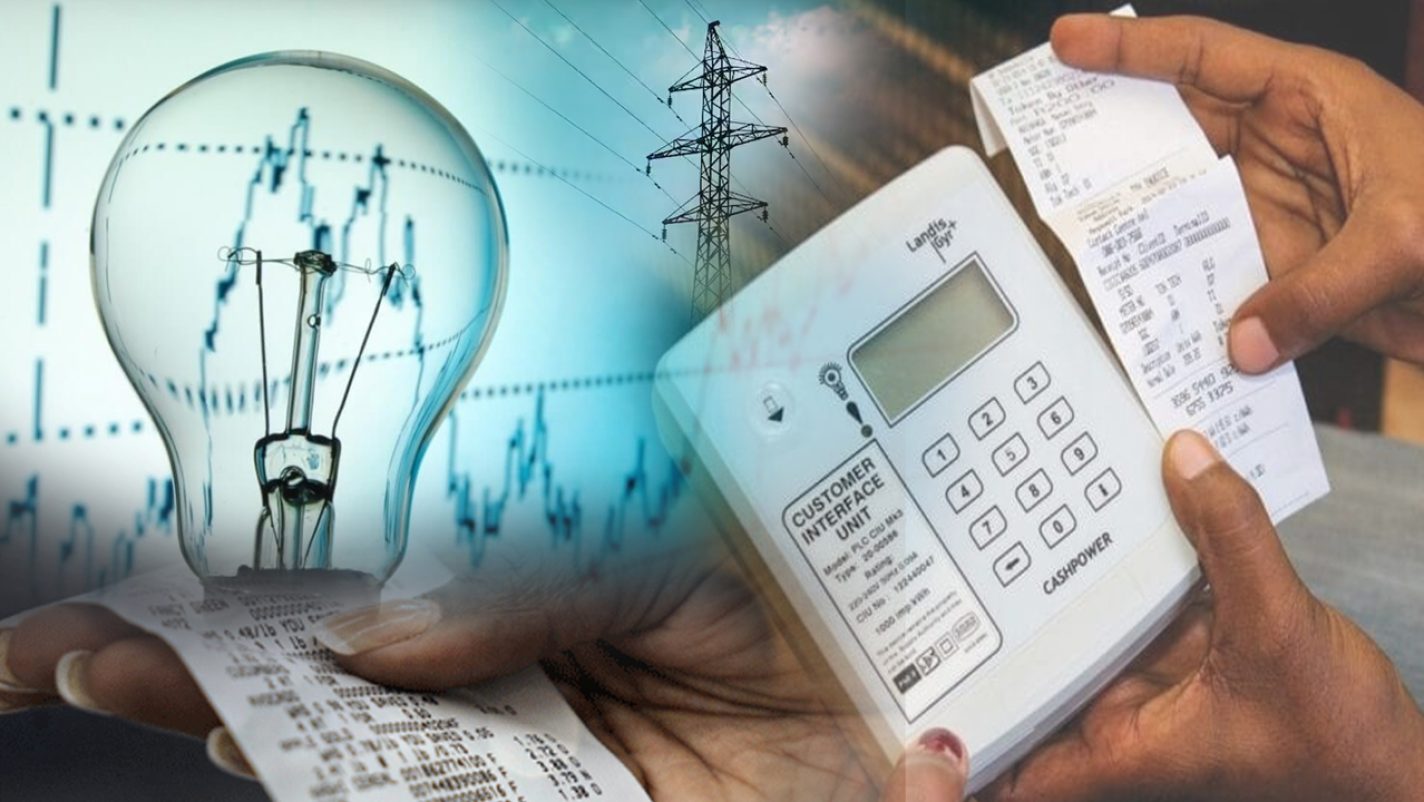Financial analysts have warned that the recently increased electricity tariff may drive up inflation in the country and inflict more misery on the poor.
Nigeria’s inflation rate climbed to 33.2% in March 2024, marking a 1.5%-point increase from February 2024, although the rise was slower compared to the previous month’s 1.80% increase.
The uptick in March was primarily attributed to higher costs in food and beverages, alongside increased energy and housing expenses.
In April, the Federal Government, acting through the Nigerian Electricity Regulatory Commission (NERC), approved a hike in electricity rates for consumers categorized under Band A, as announced by NERC’s Vice Chairman, Musliu Oseni, in a press statement.
Oseni revealed that the tariff adjustment would see customers paying N225 per kilowatt hour, a significant increase from the previous rate of N68.
Reacting to the tariff hike, the Organised Private Sector in Nigeria warned that the more than 200% hike in electricity tariffs by the Federal Government could lead to increases in inflation in the coming months and shut down over 65% of businesses in the country.
The analysts, who expressed concern over the potential consequences of recent price increases and electricity tariff adjustments on goods and services in an exclusive interview with Nairametrics, highlighted the interconnectedness of inflation with the broader economy and the possibility of a spiral inflation scenario if unchecked.
The analysts stressed the ripple effects of these price increases on businesses and households and advocate for proactive measures to stabilize prices and promote sustainable growth.
They also raised concerns over possible strain on companies’ financial health, with anticipated increases in operating costs and product prices which will erode consumer purchasing power.


